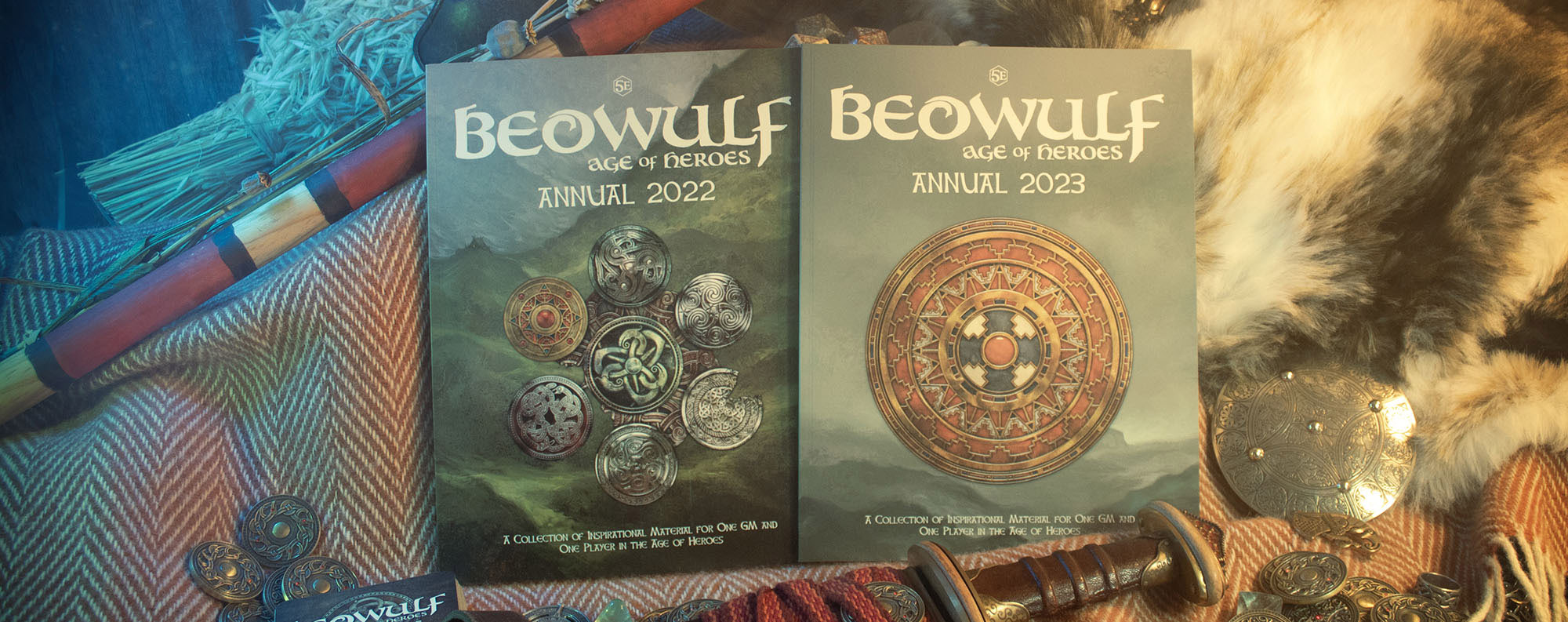
Theseus Protocol for FiveEvil is out now in PDF.
This first horror scenario takes us into space with Gar Hanrahan. Can you survive waking up on a ship full of randos? Probably not, let’s be honest.
The first PDF scenario for FiveEvil, Theseus Protocol by the mighty Gar Hanrahan (Moria, The Dracula Dossier, Eyes of the Stone Theif) starts off as an ‘alien monsters have infested your spaceship’ bug hunt, which is second only to the dungeon as familiar territory for a roleplaying game.
However, instead of a unified team or crew, the characters are a mismatched bunch of recently defrosted colonists; their skills and specialities are not especially suited to dealing with alien horrors.
Later, the tone of horror shifts, moving from mere survival in the face of alien horrors to something colder and more cosmic.
Ultimately, it’s about being cut off and adrift in a vast and uncaring universe. Fun!
About FiveEvil

FiveEvil is a standalone horror roleplaying game from Handiwork Games, the fiendish minds behind BEOWULF Age of Heroes, a|state second edition and Maskwitches of Forgotten Doggerland.
FiveEvil has been carefully crafted to evoke the horror genre by cleverly twisting up the fifth edition ruleset. FiveEvil subverts fifth edition play to defy expectations and concentrate the horror.
By taking the rules you know and fiendishly mutating them, FiveEvil creates a truly intense and unsettling horror gaming experience. This book is also packed with advice and ideas on how to create the very best horror gaming sessions.
The primary setting focus is modern day horror, inspired by the work of Stephen King, and moody, character-driven horror films like The Ritual, The Descent and Jacob’s Ladder, alongside mini-series like Midnight Mass by Mike Flanagan, and the scariest of Twin Peaks episodes.
Rather than seeking out evil in order to vanquish it, or investigating clues to uncover malign influence, your characters in FiveEvil are regular people trapped in a terrifying situation. You will attempt to survive and escape.
FiveEvil was created and written by Morgan Davie, features art by Scott Purdy and Jon Hodgson, and boasts graphic design and layout by Paul Bourne.
This standalone core book contains all the rules you need to create characters and play the game, as well as five sample adventures to show you how best to run FiveEvil, with tons of customisability and replay value.
As a horror game, FiveEvil contains mature themes and is suggested for adult readers.












